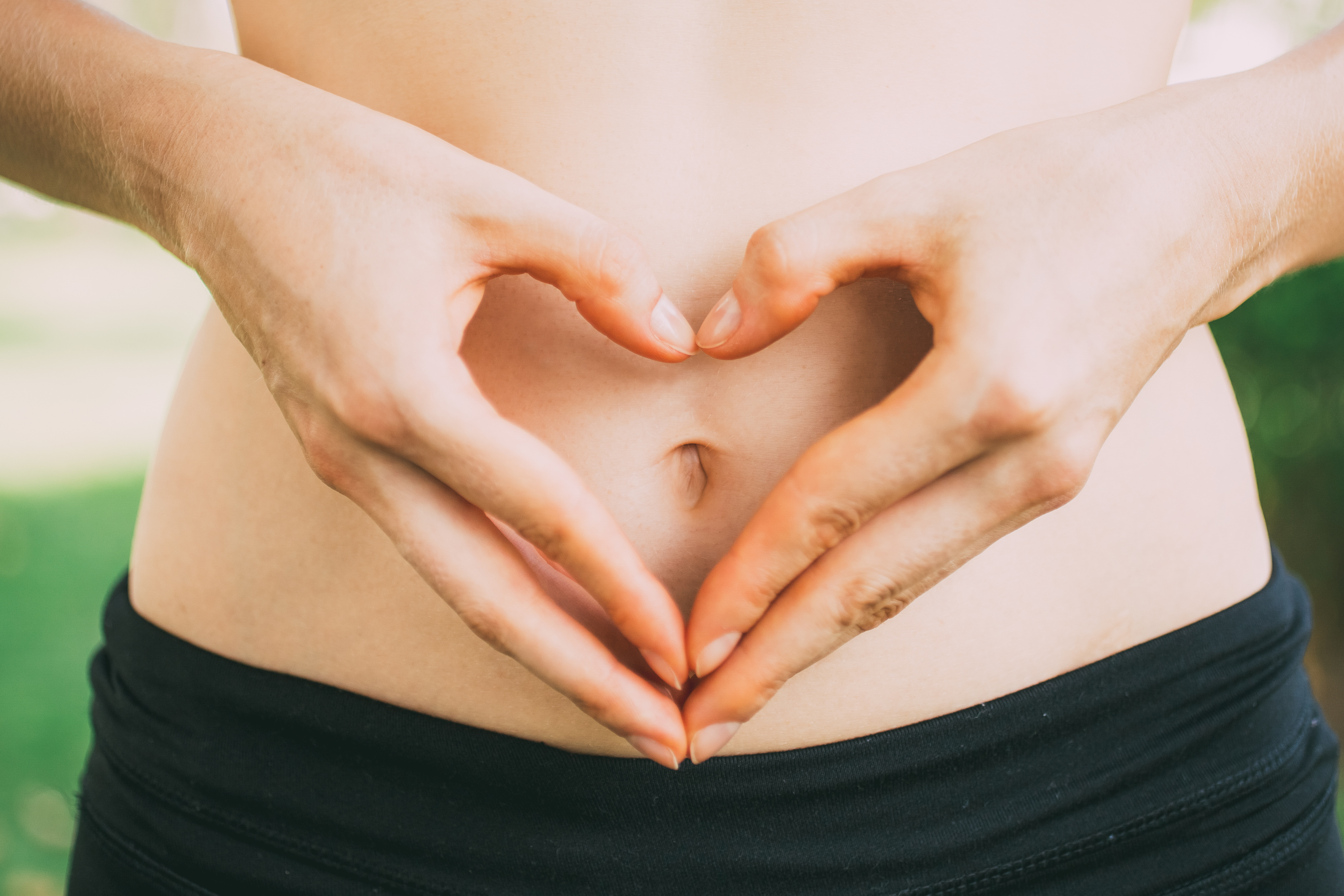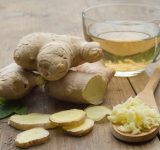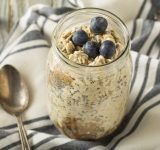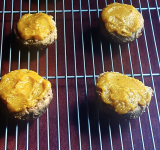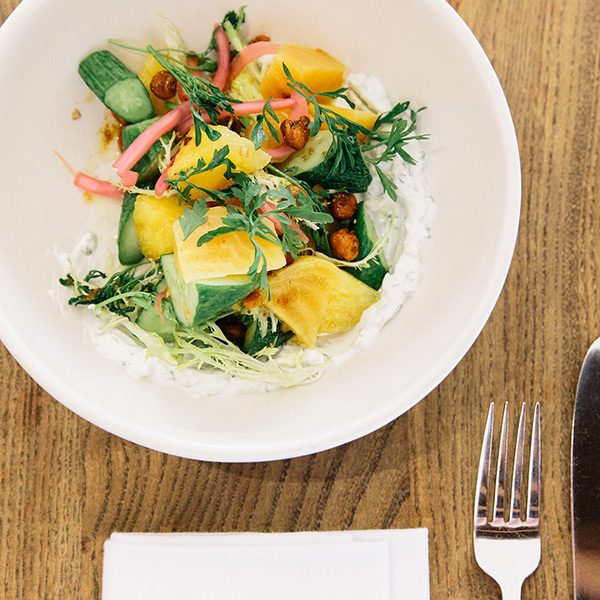People seem to like lists. They like short lists; easy to ‘check-off’ lists. And my comrades at Prescribe Nutrition and I like optimal digestion. So we thought what the hell, let’s marry the two. Why? Because good health starts with two things: the daily choices of the food you eat, and how you digest that food. What you do and do NOT breakdown provides the undercurrent of your hormones, immune system, mental health and more. Maybe you do some of these or none of these, but this is a good place to start if your digestion is off or you simply want to achieve better health. Alright, let’s get cracking. Here are five tips for better digestion:
Our Top Tips for Better Digestion
1. Chew.
Simple right? Apparently not. Sometimes when we sit down to a meal we act like we’ve just entered the Tour de France. Relax. It’s not going anywhere. Why do we this? Maybe because we’ve gone too long without food…but that’s another post entirely. So why does chewing matter? Because digestion begins in the mouth – actually it begins in the brain when you
look at the food. Just looking at that
Thai curry bowl (you’re welcome) makes your brain produce enzymes to prep what’s about to come in. The point is to start breaking down food
before it hits the stomach. Too many big pieces of food in the stomach = more work for your belly and poor breakdown which leads to gas, bloating, heartburn, belching…and worst of all, can lead to food sensitivities and allergies. So slow your roll. Okay, I promise #2 will be shorter…maybe.
2. Address Food Sensitivities
Alright, this one is a biggie. I kind of went for it with #2. Sometimes the whole gluten-free, sugar-free, lactose-intolerance thing gets a bad rap. People think it’s a trend. I’m going to tell you something – it’s not. We’re eating a LOT of foods these days we didn’t evolve eating. Food sensitivities and intolerances play a massive role in
IBS symptoms. I repeat MASSIVE. Most common culprits = gluten, dairy, sugar. Is it fun eliminating food? Not really. Can you do it? Yes. Working with a nutritionist, (ahem), can be a huge help on this one.
3. Increase Good Gut Bacteria
There are good guys and bad guys in the world of the gut. Heard of probiotics? Fermented food? These are things people are now recognizing play a huge role in gut health (which = overall health). Some liken gut flora to a “forgotten organ” due to the extensive role they play.
More on that here. Whether it’s mild or severe digestive symptoms, when I work with clients, this is the first place I go. Natural ways to get it? Fermented foods such as miso, sauerkraut, plain & full-fat yogurt, kefir, and kimchee. Taking probiotics? All are not created equal but definitely look for ones that contain the strains
Lactobacillus and
Bifidobacterium.
4. Don’t Get Seconds
Sorry. This one sucks. Bottom line: the acid and enzymes that break everything down lose their working power when you’ve stuffed yourself full. Just take a break. Eating smaller meals can make the difference in everything from constipation to bloating.
5. The ‘Raw’ Movement may Not be For You
Raw diets are rad in that you’re pretty much guaranteeing lots of fresh veggies, fruits, seeds, and nuts in your diet, which is cool…but if you’re the type of person who eats a salad and feels gassy, bloated, and maybe even gets loose stools or constipated, try switching to cooked veggies instead. Soups, light sautees, roasted veggies: these may be easier for you to digest. Some people do great with salads and raw veggies but remember you and your cubicle partner do not have the same digestive system. So listen to your belly – pay attention to what foods work for your constitution. Just because it’s healthy doesn’t mean it’s ideal for you.
Is this a list you can start checking off? Focus on one or two and make your way down the list until the ones that resonate with you become habit.
Originally posted 2018-04-25 17:13:02.

